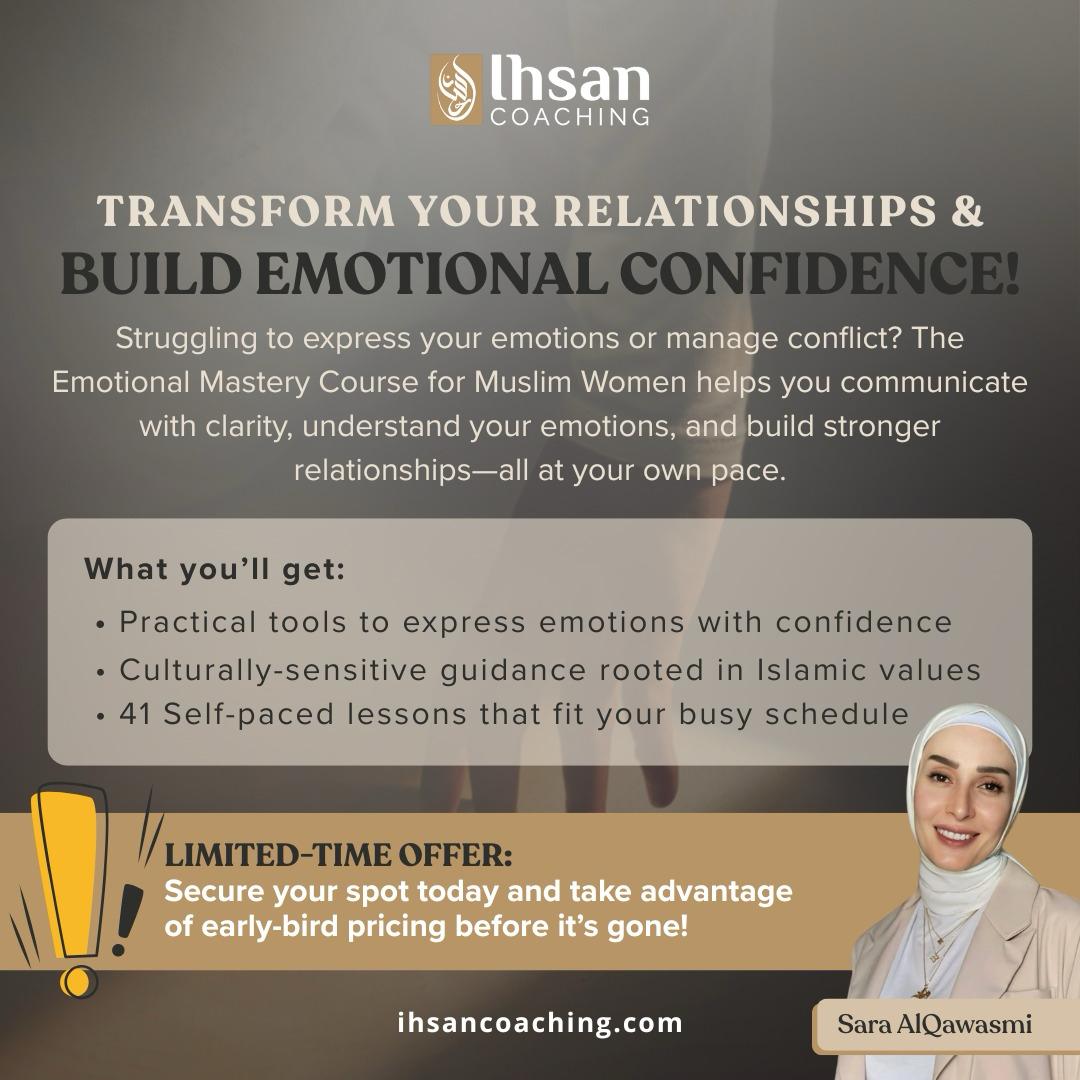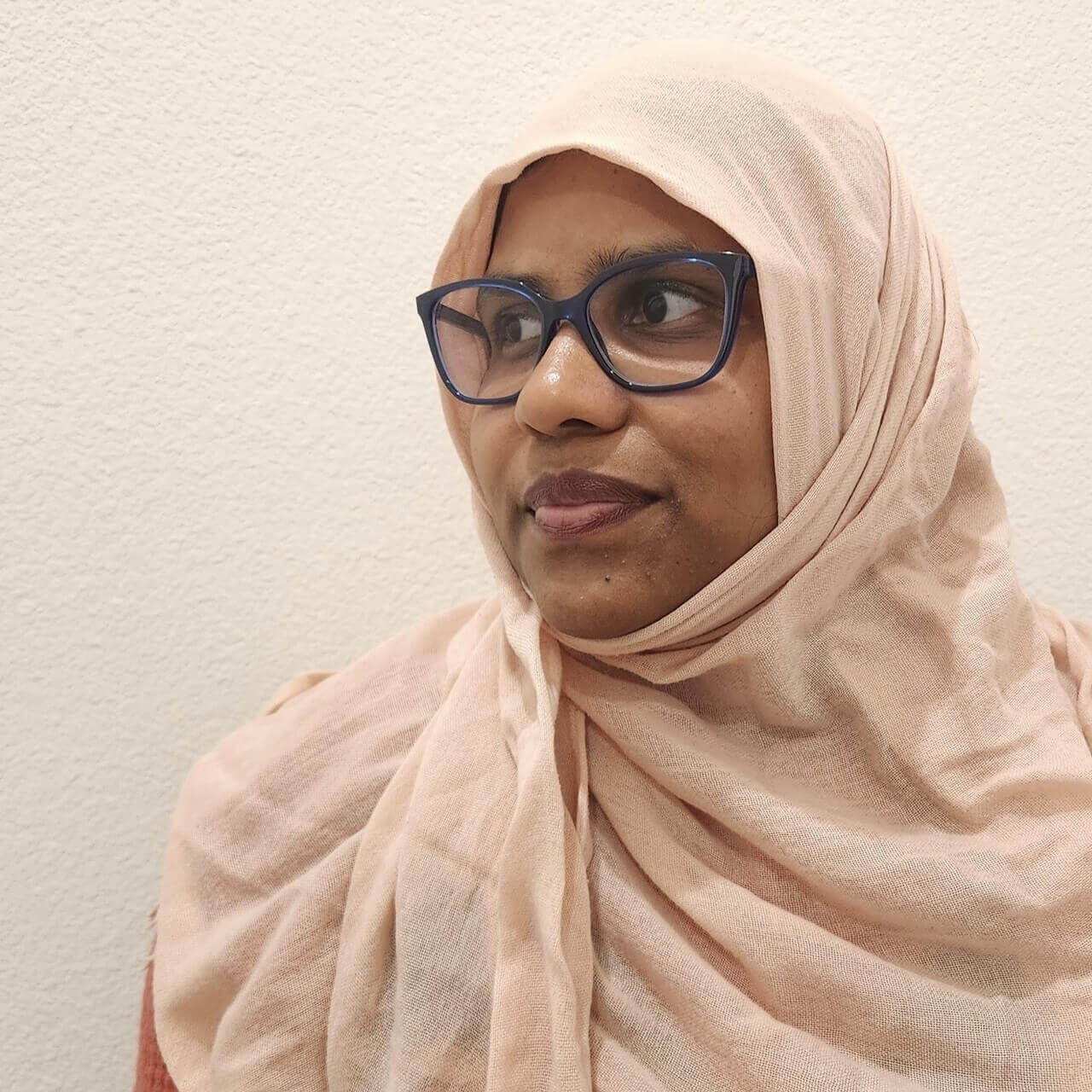Life for many Muslim youths today feels like a tightrope—one misstep, and everything seems to spiral out of control. Picture yourself balancing family expectations, staying connected to your faith, and fitting into a society that often misunderstands you. The weight of it all can become suffocating, leaving you feeling like you’re failing in both life and your relationship with Allah. This isn’t just your story—it’s a reality for many. The real question is, how can you break free from this cycle of pressure and isolation? The answer might lie in something often overlooked: counseling that bridges the gap between faith and mental health in Islam.
Pressure from Society and Cultural Expectations
One of the biggest challenges for Muslim youth is navigating the expectations of their families, communities, and societies. The pressure to succeed academically, maintain religious commitments, and live up to cultural standards often leads to anxiety and stress.
The Impact of Unrealistic Expectations
These high expectations can become overwhelming, whether excelling in school, fulfilling family obligations, or maintaining religious devotion. Many Muslim youth feel that if they fall short, they are not only disappointing their families but also failing as Muslims. This can lead to guilt, self-doubt, and feeling like they are “not good enough” in their faith or life.
How Counseling Can Help
Islamic counseling can help Muslim youth by offering them a safe space to express their feelings without judgment. It emphasizes the importance of self-compassion in Islam, reminding youth that they are not required to be perfect but to strive sincerely in their efforts. Through personalized, faith-based guidance, counseling helps them manage expectations, prioritize their mental health, and maintain a solid connection to their faith.
“لَا يُكَلِّفُ اللَّهُ نَفْسًا إِلَّا وُسْعَهَا”
“Allah does not burden a soul beyond that it can bear.”
(Surah Al-Baqarah 2:286)
This powerful verse reminds young Muslims that Allah’s mercy encompasses all, and they are not meant to carry burdens heavier than what they can handle.

Mental Health Stigmas in the Muslim Community
The stigma surrounding mental health is another significant challenge. Many Muslim youth experiencing anxiety, depression, or other mental health issues feel hesitant to seek help due to the cultural belief that mental health struggles indicate weak faith. Phrases like “just pray more” or “have more faith” are often heard when a young person expresses their emotional distress.
Addressing Mental Health in Islam
Islam does not dismiss mental health. Prophet Muhammad (peace be upon him) acknowledged the importance of mental and emotional well-being. Unfortunately, due to societal stigmas, many youth suppress their feelings, which can worsen their mental health.
How Counseling Can Help
Islamic mental health counseling integrates psychological expertise with Islamic teachings, showing youth that seeking help is not a sign of weak faith but an act of self-care, which Islam strongly encourages. For example, Muslim counselors often use the concept of tawakkul (trust in Allah) alongside therapeutic techniques to help youth navigate their emotions, empowering them to rely on both faith and professional guidance.
“وَإِذَا مَرِضْتُ فَهُوَ يَشْفِينِ”
“And when I am ill, it is He (Allah) who cures me.”
(Surah Ash-Shu’ara 26:80)
This verse shows that seeking help, whether for physical or mental illness, aligns with Islamic principles. Mental health, Islam teaches, is part of overall well-being, and taking steps to heal is not only permissible but encouraged.
Identity Crisis and Spiritual Disconnection
For many Muslim youth, trying to balance their identity as practicing Muslims with living in a modern, often secular world can create confusion and a sense of disconnection. They may feel caught between two worlds, struggling to find their place in both.
The Challenge of Fitting In
Youth often feel pressured to either fully conform to the norms of their non-Muslim peers or, conversely, to reject aspects of modern life to “fit” within a more traditional Islamic identity. This tug-of-war can leave them feeling disconnected from both their faith and the world around them, causing feelings of isolation and depression.
How Counseling Can Help
Islamic counseling helps youth reconcile their faith with the modern world by guiding them through identity development in line with Islamic values. It encourages them to confidently embrace their Muslim identity while integrating modern life’s beneficial aspects. Through this counseling, youth learn that Islam is an adaptable faith applicable to every age and situation, helping them feel more grounded and spiritually connected.
“أَلَا بِذِكْرِ اللَّهِ تَطْمَئِنُّ الْقُلُوبُ”
“Indeed, in the remembrance of Allah do hearts find rest.”
(Surah Ar-Ra’d 13:28)
By nurturing a deep connection with Allah, counseling helps young Muslims overcome feelings of disconnection and find comfort and direction in their faith.
How Ihsan Coaching Can Help Muslim Youth
At Ihsan Coaching, we understand the unique challenges faced by Muslim youth. Our team offers individual coaching with a holistic approach that combines mental health strategies with Islamic values to support youth in overcoming these challenges. Whether it’s addressing societal pressures, mental health stigmas, or identity struggles, we provide a safe, judgment-free environment where young Muslims can grow, heal, and find peace.

FAQs
Q1: How does Islam view mental health struggles?
Islam recognizes the importance of mental health. Prophet Muhammad (peace be upon him) acknowledged the need for emotional and mental well-being, and the Quran highlights patience and seeking help. Islamic mental health counseling aligns with these teachings, offering guidance and healing.
Q2: Is counseling or coaching a sign of weak faith in Islam?
No. Seeking help through coaching or counseling is encouraged in Islam. The Quran reminds us to seek help when we are unwell, and that applies to both physical and mental health. It’s an act of self-care, which is part of Islam’s holistic approach to well-being.
Q3: Can counseling help with feelings of being “not good enough” in Islam?
Yes. Islamic counseling addresses the guilt and self-doubt that come from unrealistic expectations. It helps youth balance their obligations without feeling overwhelmed and reinforces that Allah does not expect perfection—just sincere effort.
Q4: What if I feel disconnected from my faith?
This is common among Muslim youth. Counseling and religious consultations can help you reconnect spiritually by providing strategies to build a stronger relationship with Allah and integrate faith into your daily life in a way that feels authentic and meaningful.
Get Professional Help Today.
If you’re a young Muslim struggling with any of these challenges, know that you’re not alone. Ihsan Coaching provides personalized, Islamic-based coaching and religious consultations to help you overcome these obstacles and live a fulfilling, balanced life. Contact us today to learn more about how we can support you on your journey to mental, emotional, and spiritual well-being.




